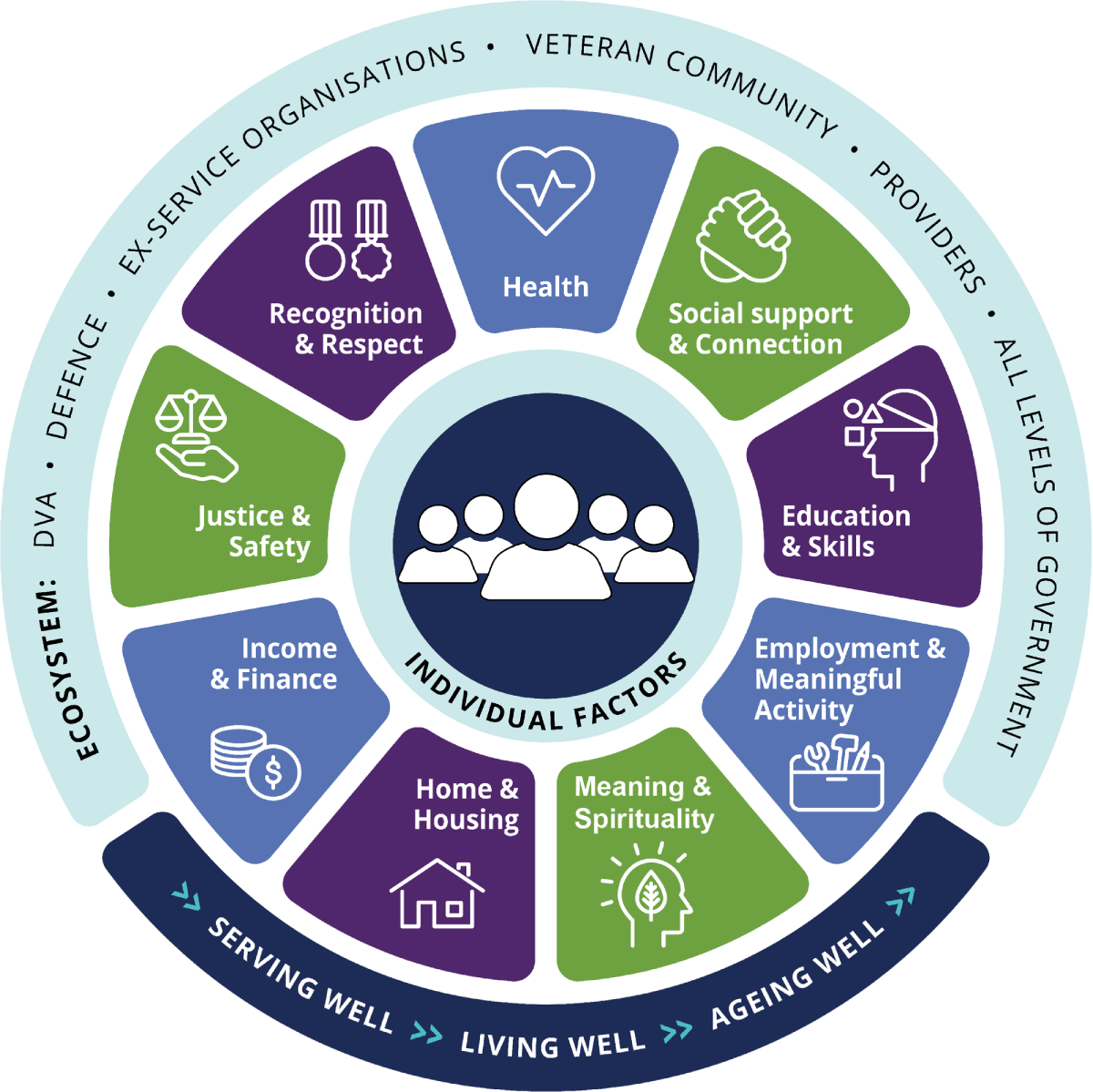Theme 1: “Recognition: Moral Injury among High-Risk Professions”
Once recognised primarily in military veterans, we now understand that moral injury affects a wide range of professionals including police, paramedics, firefighters, doctors, psychiatrists, nurses, psychologists, social workers, lawyers, chaplains, occupational therapists, speech therapists, and other carers on the frontline of human suffering where moral complexity and trauma intersect. This theme is relevant for all emergency personnel, health and social care professionals and more.
Theme 2 “Recognition: Moral Injury Stressors within Organisations”
Organisations, both government and non-government, face the challenge of moral injury potentially impacting their employees and volunteers. Recognising and acknowledging moral injury can affect an organisation’s workforce with regard to wellbeing and subsequent organisational productivity. This theme will be important to assist health care facilities, schools, universities, military forces, public service personnel, veterans, churches and other non-government organisations concerning the operational stressors which can lead to moral injury.
Theme 3: “Recovery: Moral Injury Treatment Approaches”
Over the last decade a number of treatment and rehabilitation approaches have been developed nationally and internationally. This theme is an opportunity to highlight different methods that can be utilised for addressing moral injury.
Theme 4: “Recovery: Moral Injury Risk – Personal and Institutional Leadership”
Organisationally, we need leaders and managers to ensure that our people are minimally exposed to potentially moral injurious events within institutional contexts. Whilst we are aware of the need to take responsibility for our own safety and wellbeing within our personal lives, leaders should mitigate against potential morally injurious events occurring within the workplace. This theme is relevant to individuals, leaders and all levels of management.

